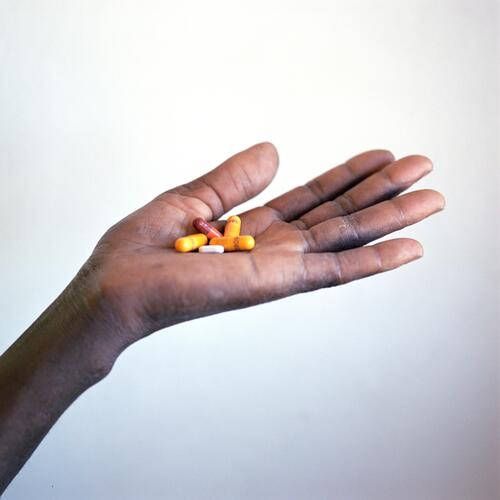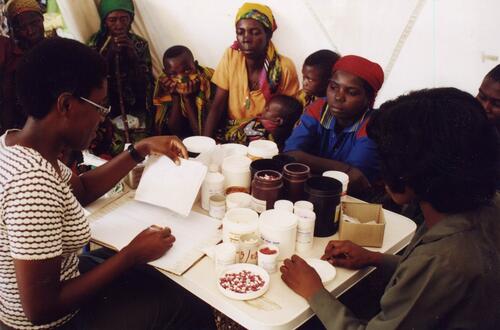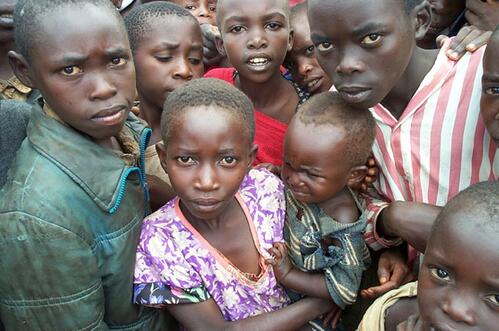During the 1990s, MSF teams made a bitter observation: we were failing to treat some of our patients suffering from infectious diseases, while in developed countries, remarkable progress was being made in the field of health. Two decades on, medicines in developing countries are still either too expensive, aren't suitable to be used in many of the contexts in which we work (for example, in hot, humid conditions or where there's a lack of electricity), or simply don't exist for the diseases we need to treat.
In 1999, we launched the Campaign for Access to Essential Medicines, now known as the Access Campaign. Its mission focuses on three areas: overcoming barriers to access to essential medicines, stimulating research and development for neglected diseases, promoting health exceptions to global trade agreements.
In 2003, MSF joined several research institutes, including the Institut Pasteur, to create the Drugs for Neglected Diseases initiative (DNDi), a non-profit research and development organisation engaged in research and development of new treatments for neglected diseases.

Ethiopians moved for the third time

MSF puts drug patents under the spotlight

MSF message for WHO member country delegations to 56th World Health Assembly

The G8 : no more broken promises

MSF welcomes announcement to increase AIDS treatment

ACT NOW to get malaria treatment that works to Africa

ACT NOW to get malaria treatment that works to Africa

Homelessness and hardship in Moscow








